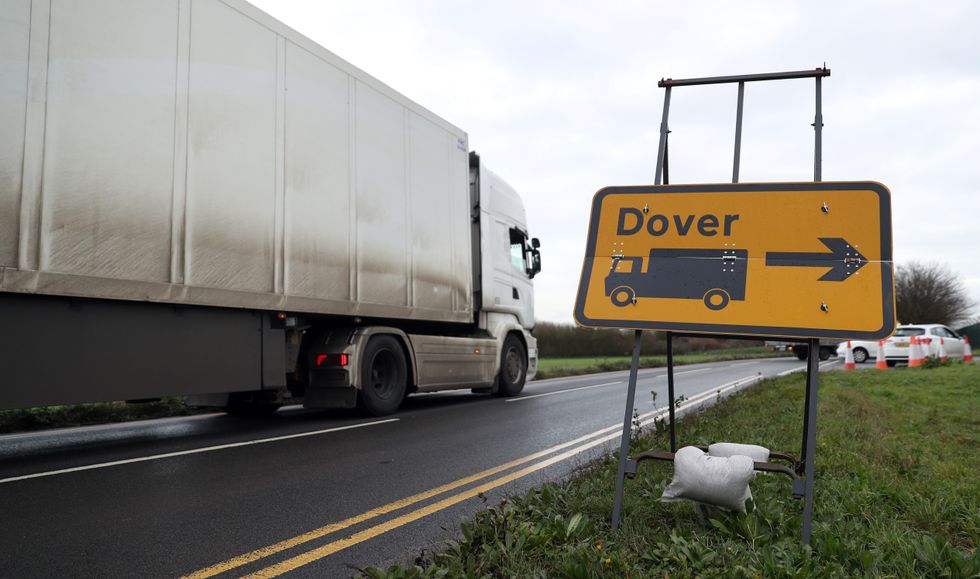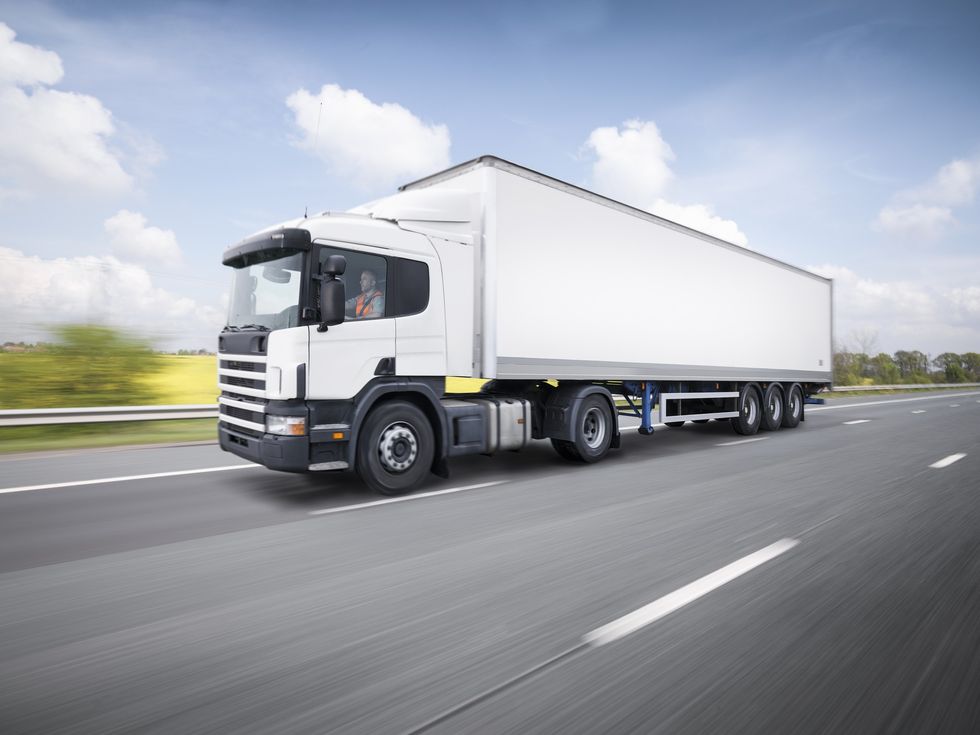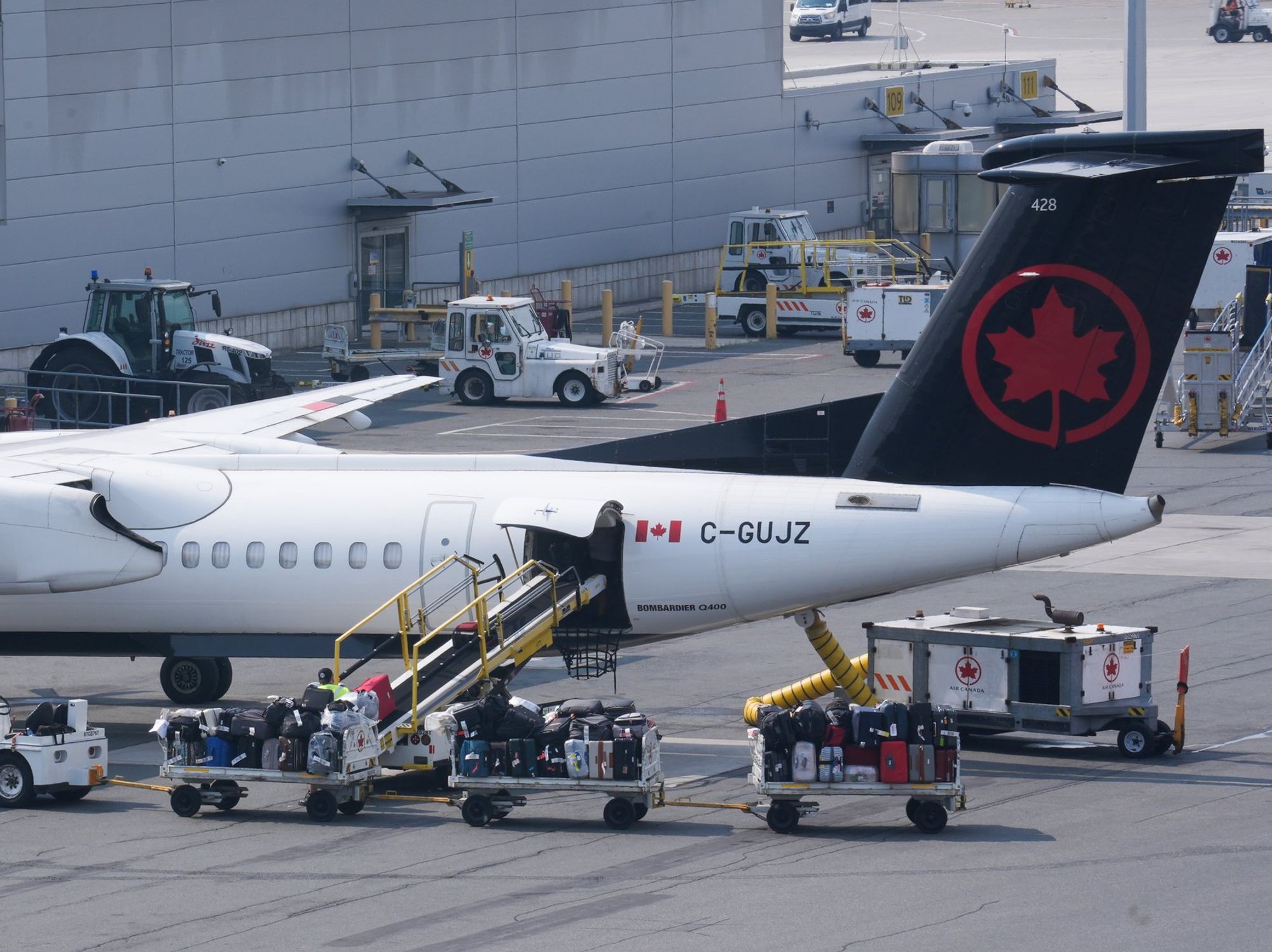Certain drivers face new rules next week as Europe punishes Britons with tougher motoring laws

The Road Haulage Association has slammed the new European entry system, which will impact British drivers
Don't Miss
Most Read
Drivers of popular vehicles have been warned they face significant disruption next week when new driving laws come into effect across Europe.
The new European Union rules will see the Entry/Exit System introduced with biometric border controls that will fundamentally change how UK citizens enter the Schengen zone.
The system, which comes into effect on October 12, will require UK nationals to provide fingerprints and facial photographs when crossing external Schengen borders, replacing the current practice of manually stamping passports.
The Road Haulage Association has warned that professional drivers will be particularly affected by the changes.
TRENDING
Stories
Videos
Your Say
The biometric registration process is expected to take one to two minutes per person, though this could create substantial delays during peak periods at major crossing points.
The automated system will enforce the 90-day limit within any 180-day period that applies to UK passport holders visiting Europe.
Professional drivers conducting international transport operations could find themselves particularly constrained by these restrictions.
The rules apply equally to work-related travel and personal holidays, creating complex tracking requirements for those who regularly cross borders.

From October 10, the European Union will introduce new entry rules for Britons
| PARichard Smith, managing director of the RHA, said: "This is a problem for haulage and coach operators on international work and will have wider implications for the UK economy and supply chain security with greater reliance on EU carriers.
"While shippers have benefitted from decades of chasing domestic and international haulage rates to the bottom by using ever cheaper hauliers from Eastern Europe and beyond, the cost to the UK economy has never been considered by successive Governments who have failed to offer any protection to UK operators."
The system will automatically identify anyone exceeding the permitted stay, potentially resulting in fines, entry refusals or bans lasting between one and three years.
Event hauliers face particularly acute challenges, as their work supporting the music, racing and arts industries often requires vehicles to remain in Europe for extended periods.
 The Road Haulage Association has warned of the impact new entry requirements will have on drivers | GETTY
The Road Haulage Association has warned of the impact new entry requirements will have on drivers | GETTYLATEST DEVELOPMENTS:
Regular import and export operations present equally serious difficulties. The association detailed how, for drivers who make just two deliveries weekly to destinations like Paris, they will rapidly accumulate days towards their 90-day limit.
The association warned that drivers must also account for any personal holidays taken in Europe, as these count towards the same restriction, creating a complex calculation for operators managing international routes.
The cumulative effect threatens to make certain types of cross-border haulage work virtually impossible for UK-based drivers operating under British passports.
The RHA has also warned that UK haulage firms could lose substantial business to EU competitors who face no such restrictions when operating across Europe.
 HGVs face tougher European driving rules this month | GLOUCESTERSHIRE CONSTABULARY
HGVs face tougher European driving rules this month | GLOUCESTERSHIRE CONSTABULARYThe association pointed to potential reductions in income tax, corporation tax, VAT from vehicle purchases and fuel duty as UK firms scale back operations.
It also raised concerns about increased abuse of cabotage regulations, with EU-registered vehicles potentially exploiting the system to conduct domestic UK deliveries whilst British drivers remain restricted abroad.
The RHA continues to lobby government officials for urgent intervention to protect Britain's international haulage sector.
The association has specifically requested visa exemptions for professional drivers affected by the new restrictions.











